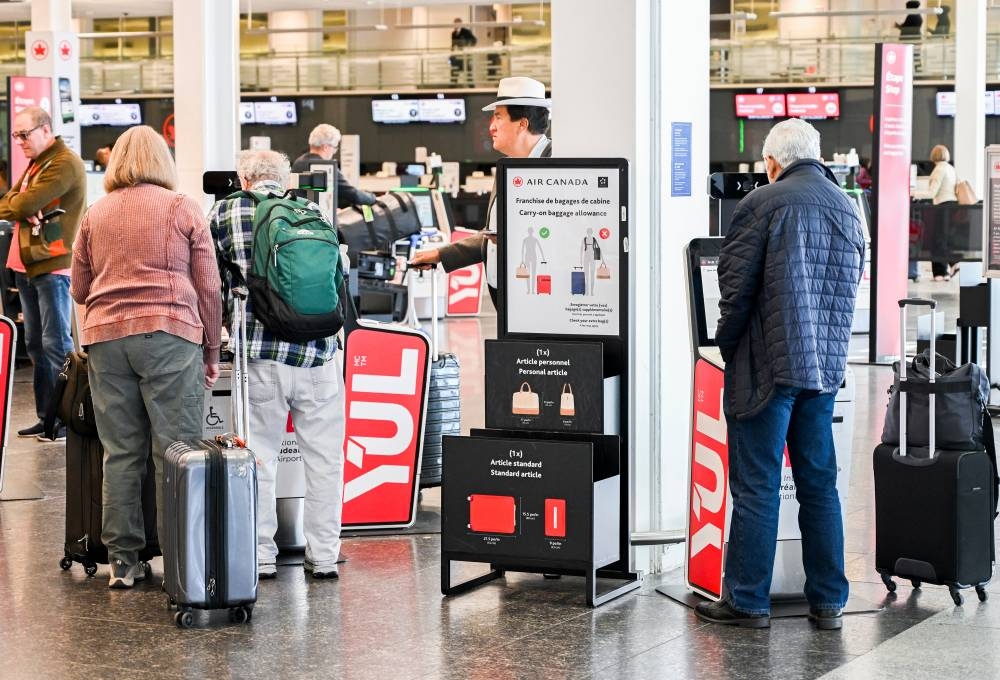Airline passengers will soon benefit from increased compensation limits for international flights, following an announcement by the International Civil Aviation Organisation (ICAO).
The liability limits under the Montreal Convention for cases involving death, injury, delays, baggage, and cargo issues will rise from December this year.
Recently, ICAO notified the 140 ‘States Parties’ that the compensation limits would be adjusted in accordance with the Montreal Convention’s built-in review mechanism, which updates limits every five years to account for inflation.
This adjustment ensures that compensation for passengers and cargo remains fair and appropriate over time. The forthcoming increase marks the fourth review since the Convention came into effect in 2003.
Formally titled the Convention for the Unification of Certain Rules for International Carriage by Air, the Montreal Convention of 1999 (MC99) established a comprehensive framework for the international carriage of passengers, baggage, and cargo by air. The Convention introduced essential provisions to balance the interests of passengers, shippers, and the aviation industry.
According to ICAO, the Montreal Convention sets liability limits for airlines, ensuring passengers receive fair compensation in cases of injury, death, delays, and issues with baggage or cargo. Additionally, MC99 has modernised air travel by permitting the use of electronic tickets and air waybills, reducing paperwork and operational costs for airlines, thereby streamlining processes and enhancing risk management.
"ICAO continues to advocate for the universal ratification of MC99," said ICAO Secretary General Juan Carlos Salazar.
"This Convention is fundamental in ensuring the protection of consumer interests in international air travel. By promoting harmonisation and codification of rules governing international carriage by air, MC99 benefits passengers and the shippers of cargo while enabling the unified and equitable development of air services."
The liability limits are expressed in Special Drawing Rights (SDRs), a unit of account defined by the International Monetary Fund (IMF). As of October 18, 1 SDR was valued at approximately $1.33318. The revised limits are as follows:
The limit for death or bodily injury will increase from 128,821 SDRs to 151,880 SDRs (about $202,500), up from the original 100,000 SDRs in 2003.
The limit for delays in passenger transport will rise from 5,346 SDRs to 6,303 SDRs (about $8,400), compared to 4,150 SDRs in 2003.
Compensation for destruction, loss, damage, or delay of baggage will increase from 1,288 SDRs to 1,519 SDRs (about $2,000), up from the original 1,000 SDRs in 2003.
The limit for destruction, loss, damage, or delay of cargo will rise from 22 SDRs to 26 SDRs per kilogram (about $35), an increase from 17 SDRs in 2003.
ICAO has urged States Parties to the Montreal Convention to take the necessary legal steps to implement the revised limits by December 28, 2024, in accordance with their domestic legal requirements.
Industry analysts emphasise the importance of compensation mechanisms in promoting fairness. Whether it’s time lost due to delays or compensation for lost or damaged baggage, passengers are provided a means of redress, encouraging airlines to handle personal belongings with greater care.
Furthermore, compensation for death or injury reassures passengers that their safety and rights are prioritised, fostering confidence in air travel.
This also strengthens airlines' commitment to passenger safety, incentivising adherence to rigorous safety standards. Overall, the significance of compensation lies in the protection it affords passengers and the accountability it imposes on airlines.
It upholds fairness, aligns with international legal standards, and fosters trust while improving service in the aviation industry. Without such frameworks, passengers may face financial and emotional burdens from unforeseen incidents during air travel.
Pratap John is Business Editor at Gulf Times. X handle: @PratapJohn
Business
ICAO proposes higher passenger compensation; upholds consumer interests in global air travel

Travellers at an Air Canada self-service check-in kiosk at Montreal-Pierre Elliott Trudeau International Airport in Canada. Airline passengers will soon benefit from increased compensation limits for international flights, following an announcement by the International Civil Aviation Organisation.

